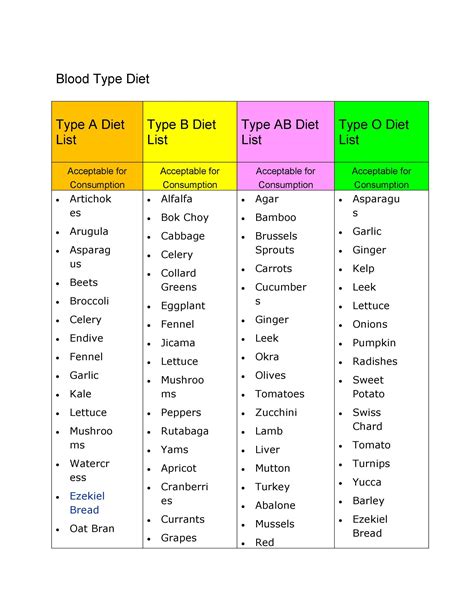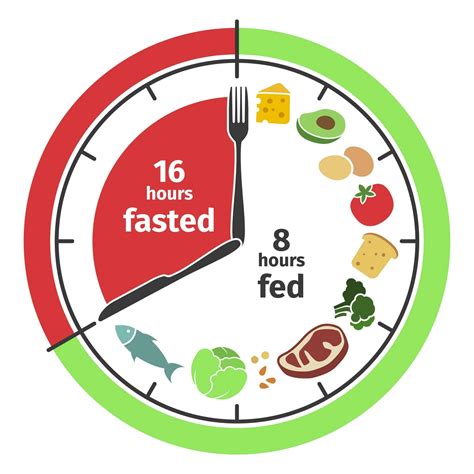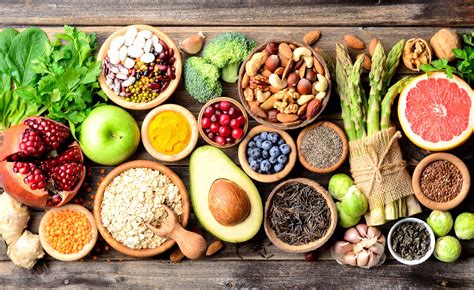Discover the key principles, foods to include, and benefits of the Okinawa Diet. Get tips for starting this healthy lifestyle today!
Understanding the Okinawa Diet
Contents
Understanding the Okinawa Diet
The Okinawa Diet is a traditional way of eating that originates from the Japanese island of Okinawa. It is based on the dietary habits of the native Okinawans, who are known for their longevity and good health. The diet primarily focuses on healthy, whole foods such as vegetables, fruits, whole grains, and lean protein.
One of the key principles of the Okinawa Diet is consuming nutrient-dense foods. This means that the diet is high in vitamins, minerals, and antioxidants, which are essential for overall health and well-being. The Okinawans typically avoid processed foods, refined sugars, and unhealthy fats, opting instead for natural, unprocessed ingredients.
Portion control is another important aspect of the Okinawa Diet. Okinawans traditionally follow the principle of hara hachi bu, which encourages them to eat until they are 80% full. This helps prevent overeating and promotes a healthy body weight.
In addition to its focus on nutrition, the Okinawa Diet places emphasis on lifestyle factors such as regular physical activity, social engagement, and stress reduction. These elements are believed to contribute to the overall health and longevity of the Okinawan people.
Key Principles of the Okinawa Diet
The Okinawa Diet is a traditional way of eating that has been followed by the people of Okinawa, Japan for centuries. This diet is based on the principles of balance, moderation, and nutrient-dense foods. The main principles of the Okinawa Diet include eating a variety of plant-based foods, consuming small portions, and practicing mindful eating.
One key principle of the Okinawa Diet is the emphasis on consuming a variety of plant-based foods, such as vegetables, fruits, whole grains, and legumes. These foods are rich in nutrients and antioxidants, which contribute to the overall health and longevity of the Okinawan people.
Another important principle of the Okinawa Diet is the practice of portion control. The traditional Okinawan diet emphasizes eating until 80% full, a practice known as hara hachi bu. This helps to prevent overeating and promote a healthy weight.
In addition, the Okinawa Diet promotes mindful eating as a way to appreciate and enjoy food. This involves savoring each bite, eating slowly, and paying attention to hunger and fullness cues. By being mindful of the eating process, individuals can better regulate their food intake and make healthier choices.
Foods to Include in the Okinawa Diet
Foods to Include in the Okinawa Diet
When it comes to the Okinawa Diet, there are several key foods that are essential for achieving the health and longevity that the diet is known for. The diet is primarily plant-based, focusing on a variety of fruits and vegetables that are rich in antioxidants and nutrients. One of the staples of the Okinawa Diet is the sweet potato, which is a great source of fiber, vitamins, and minerals. Another important component of the diet is the inclusion of soy-based products such as tofu and edamame, which are high in protein and low in fat.
Seafood is also a significant part of the Okinawa Diet, with an emphasis on consuming small amounts of fish such as salmon, mackerel, and tuna. These fish are rich in omega-3 fatty acids, which have been shown to have numerous health benefits. Additionally, incorporating seaweed into the diet provides important nutrients and minerals, as well as natural umami flavoring.
Furthermore, the Okinawa Diet includes a variety of herbs and spices that are known for their health-promoting properties. Turmeric, ginger, and garlic are commonly used in Okinawan cuisine and are believed to have anti-inflammatory and immune-boosting effects. In addition to these key foods, it is important to emphasize portion control and mindful eating as part of the Okinawa Diet lifestyle.
By focusing on these essential foods and incorporating them into your daily meals, you can experience the numerous health benefits associated with the Okinawa Diet. Not only does this diet support overall well-being, but it also encourages a connection with nature and a mindful approach to eating.
Benefits of Following the Okinawa Diet
The Okinawa diet is a traditional way of eating that originated in the Okinawa islands of Japan. It has gained popularity in recent years due to its focus on longevity and health benefits. One of the main benefits of following the Okinawa diet is its emphasis on whole and nutrient-dense foods such as vegetables, fruits, and whole grains. These foods are packed with antioxidants and nutrients that can help protect against chronic diseases such as heart disease and cancer.
In addition to promoting overall health and well-being, following the Okinawa diet has been associated with weight management and longevity. The diet is low in calories but high in nutrients, which may help with weight loss and weight maintenance. The emphasis on plant-based foods also means that the diet is high in fiber, which can help promote digestive health and reduce the risk of certain chronic diseases.
Another key benefit of the Okinawa diet is its focus on mindful eating and portion control. Traditional Okinawa meals are small and often consist of a variety of different foods, allowing for a wide range of nutrients to be consumed in a single meal. This approach to eating can help promote moderation and satisfaction while also preventing overeating and weight gain.
Overall, following the Okinawa diet can have a range of benefits for health and wellness. From promoting weight management to reducing the risk of chronic diseases and promoting longevity, the nutrient-dense and mindful approach to eating in the Okinawan diet can provide numerous benefits for those looking to improve their overall health and well-being.
Tips for Starting the Okinawa Diet
Starting the Okinawa Diet can be a great way to improve your health and well-being. To get started, it’s important to do your research and familiarize yourself with the key principles of the diet. One of the first tips for starting the Okinawa Diet is to focus on consuming whole, natural foods such as vegetables, fruits, whole grains, and legumes. These foods are staples of the Okinawan diet and are rich in nutrients and antioxidants that can help to promote longevity and overall health.
Another important tip is to limit your intake of processed foods, sugar, and unhealthy fats. Instead, opt for healthy fats such as those found in avocados, nuts, and fish. Additionally, incorporating green tea into your daily routine can provide a range of health benefits and is a common practice among Okinawans.
It’s also important to consider your portion sizes when following the Okinawa Diet. Okinawans practice hara hachi bu, which means eating until you are 80% full. This mindful approach to eating can help to prevent overeating and promote a healthy body weight.
Finally, in addition to focusing on food choices, it’s essential to prioritize physical activity and stress management when starting the Okinawa Diet. Regular exercise, such as walking and gardening, is a fundamental part of the Okinawan lifestyle and contributes to overall health and well-being.












